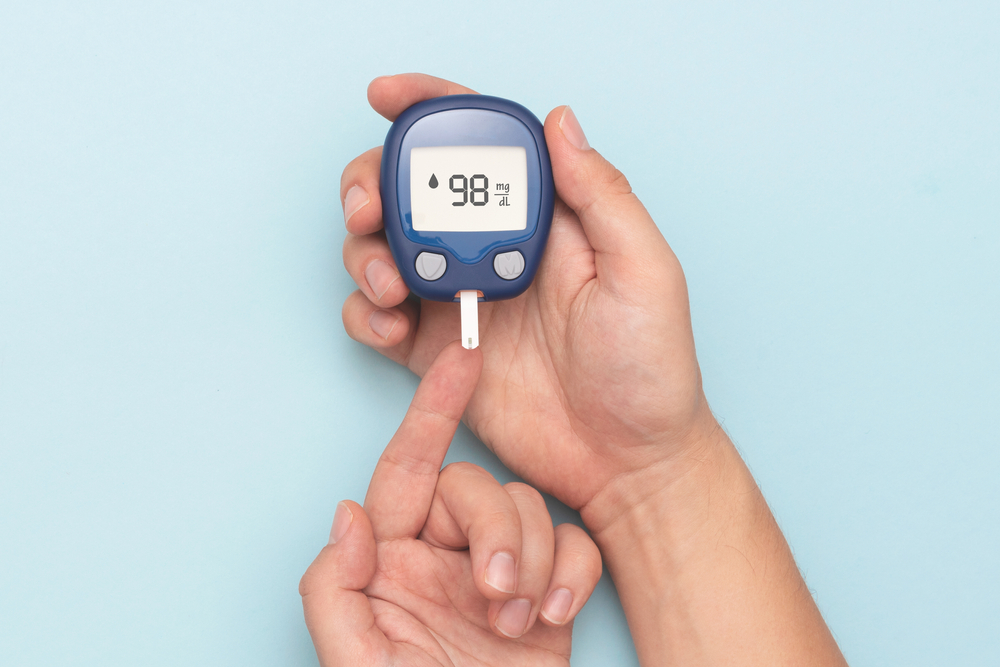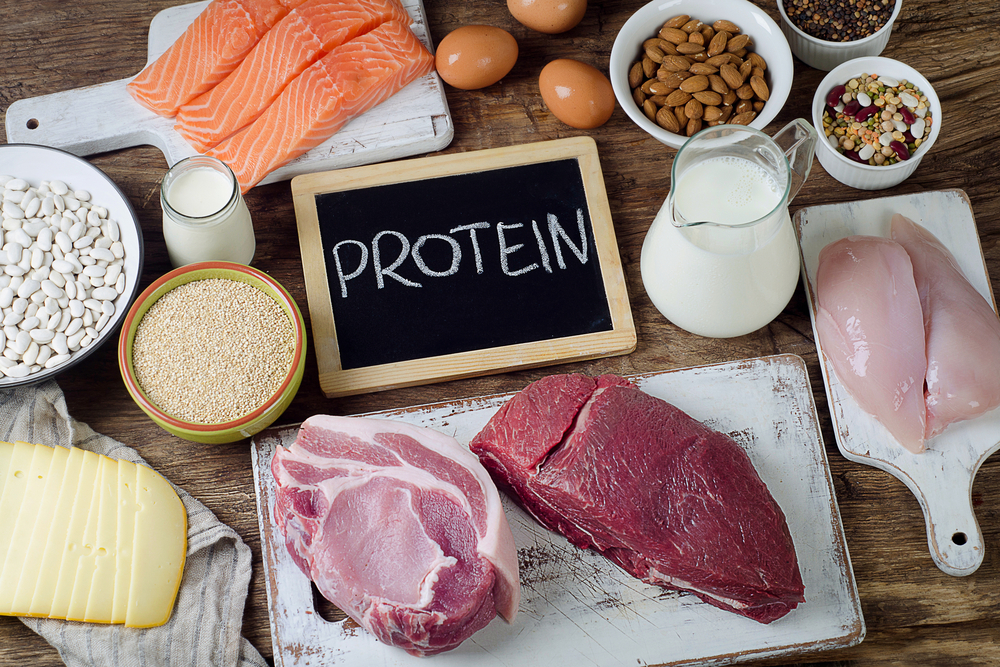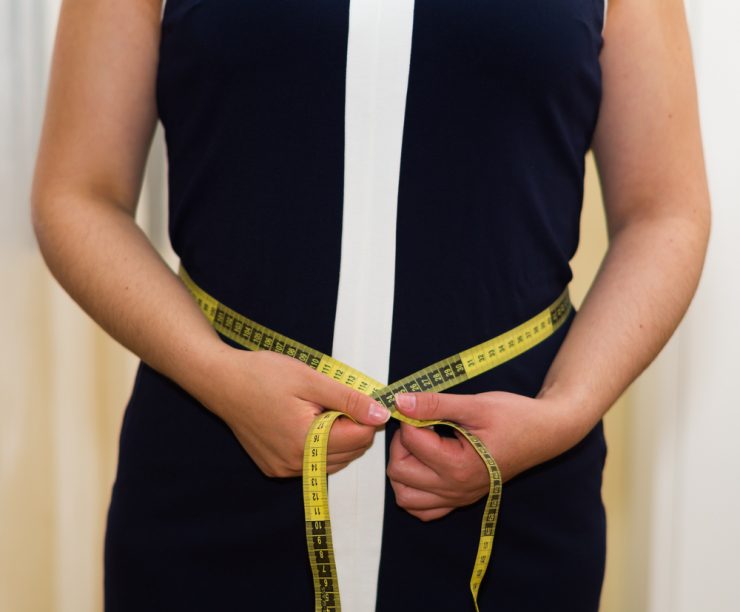“I’m a 50-year-old lady and have recently started trying to manage my weight in a more balanced way. To be honest, I’ve been on a roller coaster with it for many years, but I think that menopause has now compounded my problems. However, it’s obviously Easter this month and there are a few family ‘dos’ planned. I’m really worried that I’m going to undo what I’ve already achieved. How can I get through the Easter period without piling back on the kilos?”
Clinical Nutritionist, Suzie Sawyer, answers:
What a great question! I’m sure many other people will be thinking the same thing.
Firstly, let me address the situation of menopause and weight gain, which is also relevant to what I’m going to say about Easter eating. We know from research that women struggle more with managing their weight during the menopause transition because it’s harder to control the insulin response, as other hormones fluctuate.
This is all about blood sugar balance.
Blood sugar balance and the menopause

In essence, women are much more sensitive to foods that are high in sugar and low in fibre and protein during this time because of the blood glucose response. Unfortunately, excess sugar in the blood stream is stored as fat and the body is not able to deal with the situation as effectively as it might have done in younger years. So, it’s worth bearing this mind.
Increase your protein and wholefood intake
Eat protein with every meal from eggs, poultry, lean meat, beans, lentils, and dairy, and ensure your diet is rich in fibre. Whole grains and whole foods (for example, beans, nuts, and seeds) are high in fibre, keep you feeling fuller for longer and will help balance blood sugar effectively.

Protein will certainly be on the menu, in many forms, during the Easter weekend. Therefore, I would suggest making sure you’re eating protein at every meal, which will help stop cravings and keep you fully satiated. In turn this is likely to mean you have less space for too many sweet treats. However, if you’re eating them after food containing protein and fibre, their negative effects are certainly lessened.
Have a longer overnight fast

Additionally, you can easily have a longer ‘fast’ overnight. If we’re not shift workers, then we are naturally fasting overnight for around 10 to 12 hours. If you can extend this to 14 hours, research tells us that it’s really helpful for managing weight. Therefore, if you’re eating a few extra calories during the day, again the negative effect will be lessened. Try to finish your evening meal around 8pm and then try not to eat again before 10 am the next day. Hopefully this can fit in with any social activities too. Why not start this process now, so the body is already used to it and can certainly encourage weight loss before Easter.
Go for smaller servings
![]()
Obviously, there are going to be some treats on our Easter menus. You don’t need to go without, so instead why not just eat smaller portions overall? So, eat everything on offer but in smaller amounts. This way you won’t feel you’re missing out.
As an example, if there’s delicious Simnel cake on offer at teatime, just try to ensure you’ve eaten a little protein first. You could always pack a little pouch containing nuts and seeds and have it in your handbag. Again, this will also help avoid hunger pangs, so you’ll be less likely to overeat.
Lastly, enjoy the weekend. If you’re mindful of everything I’ve said, I’m sure you won’t take any backwards step in your plan. I wish you every success.























Add comment